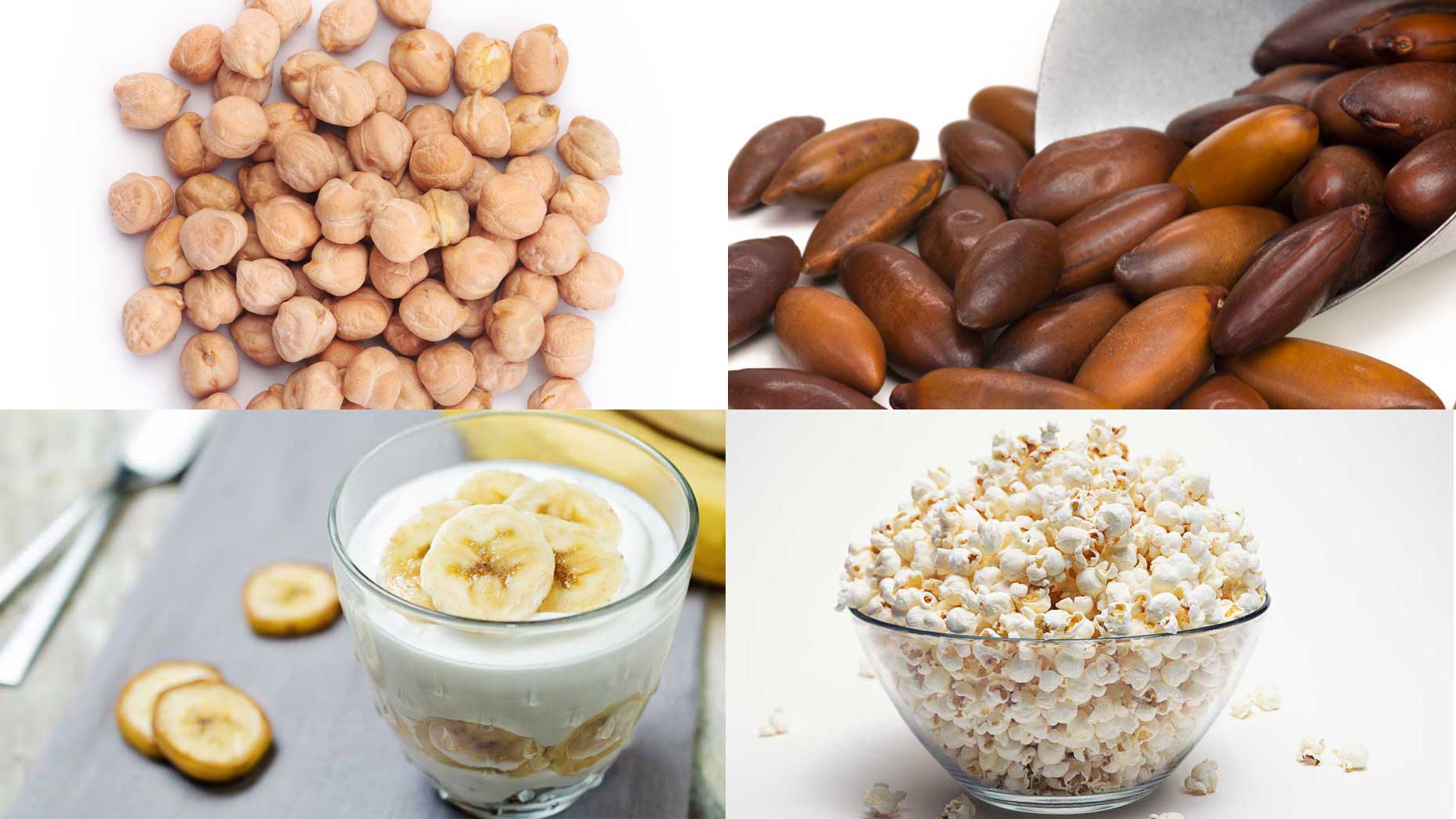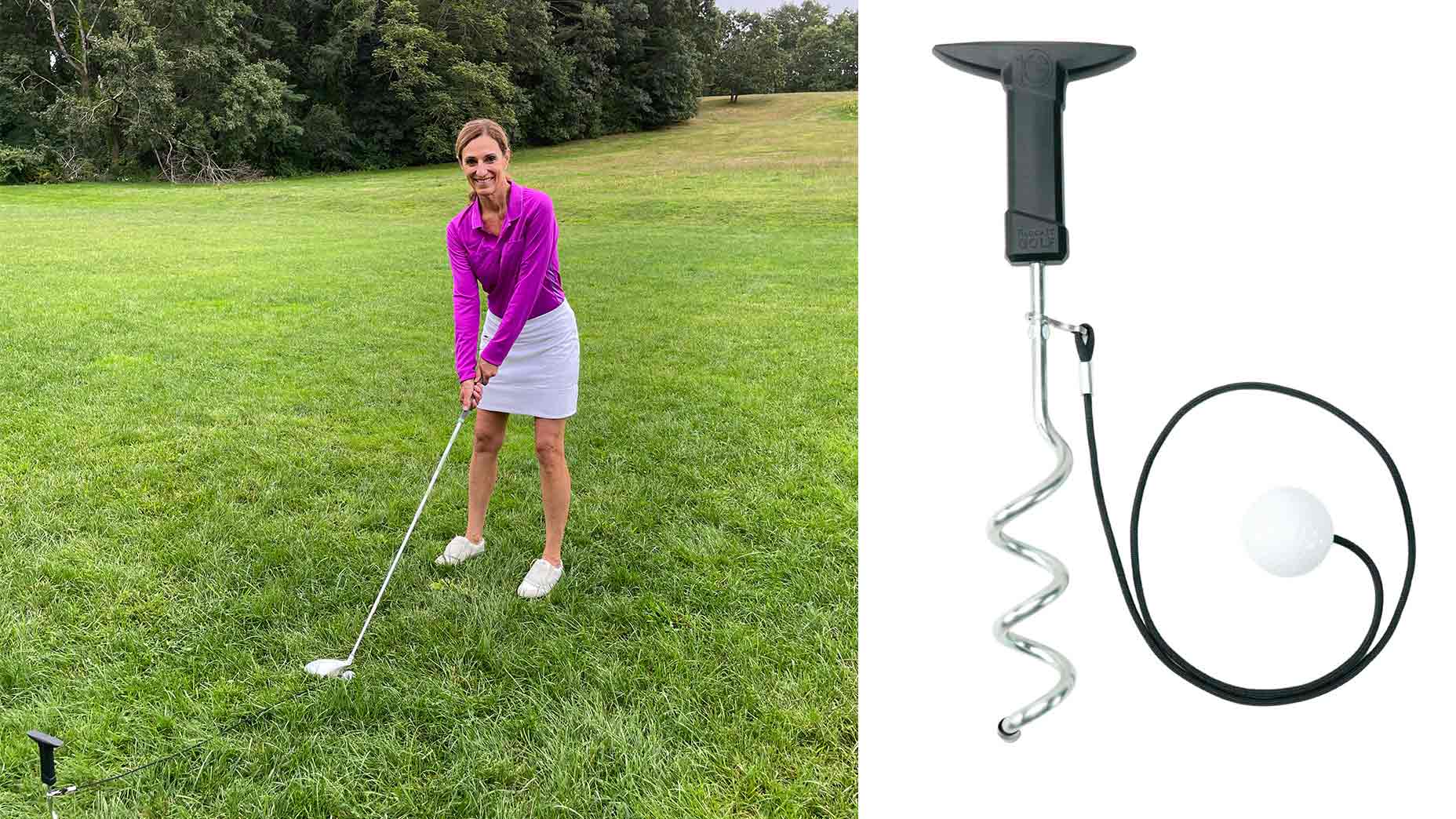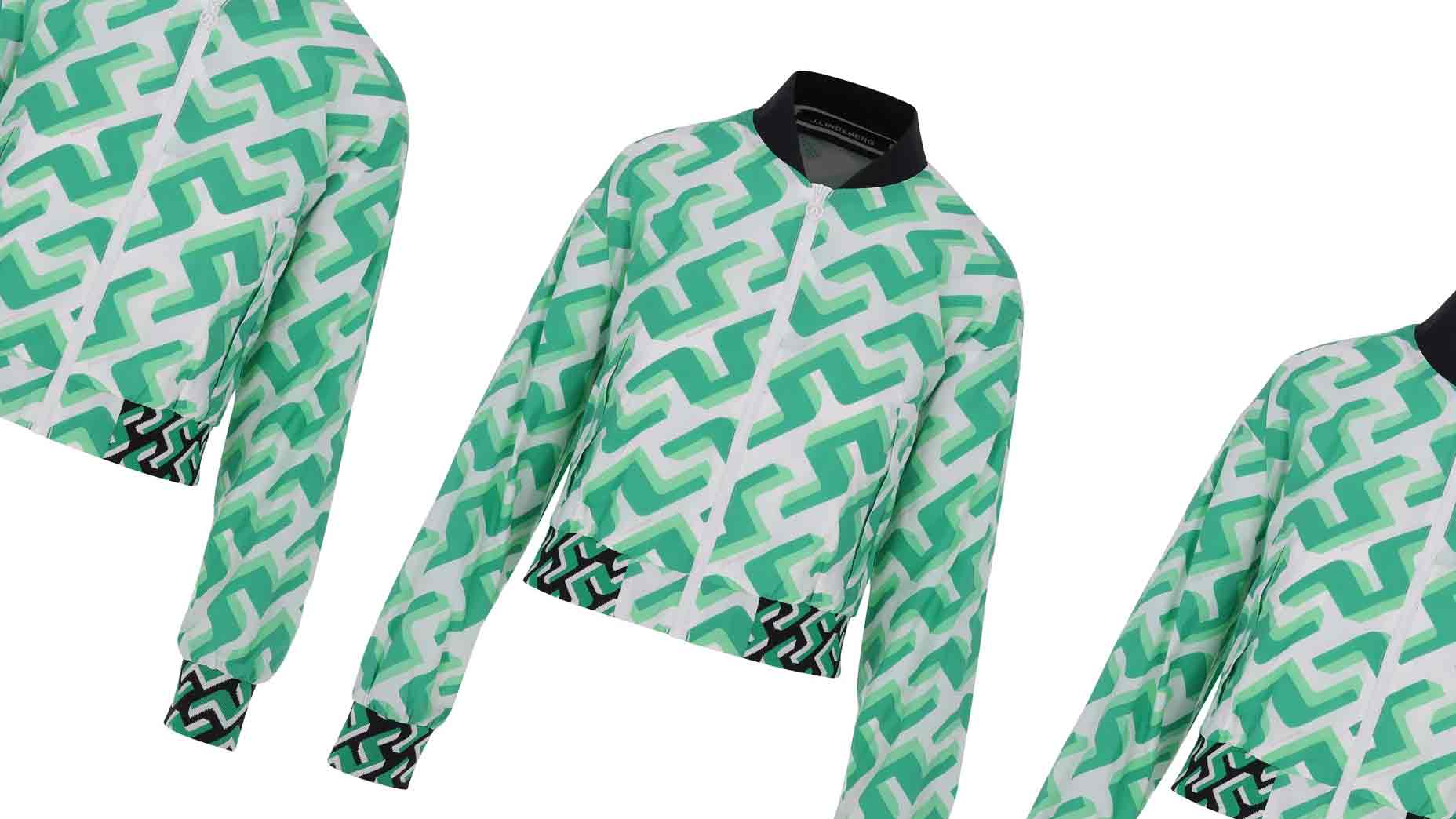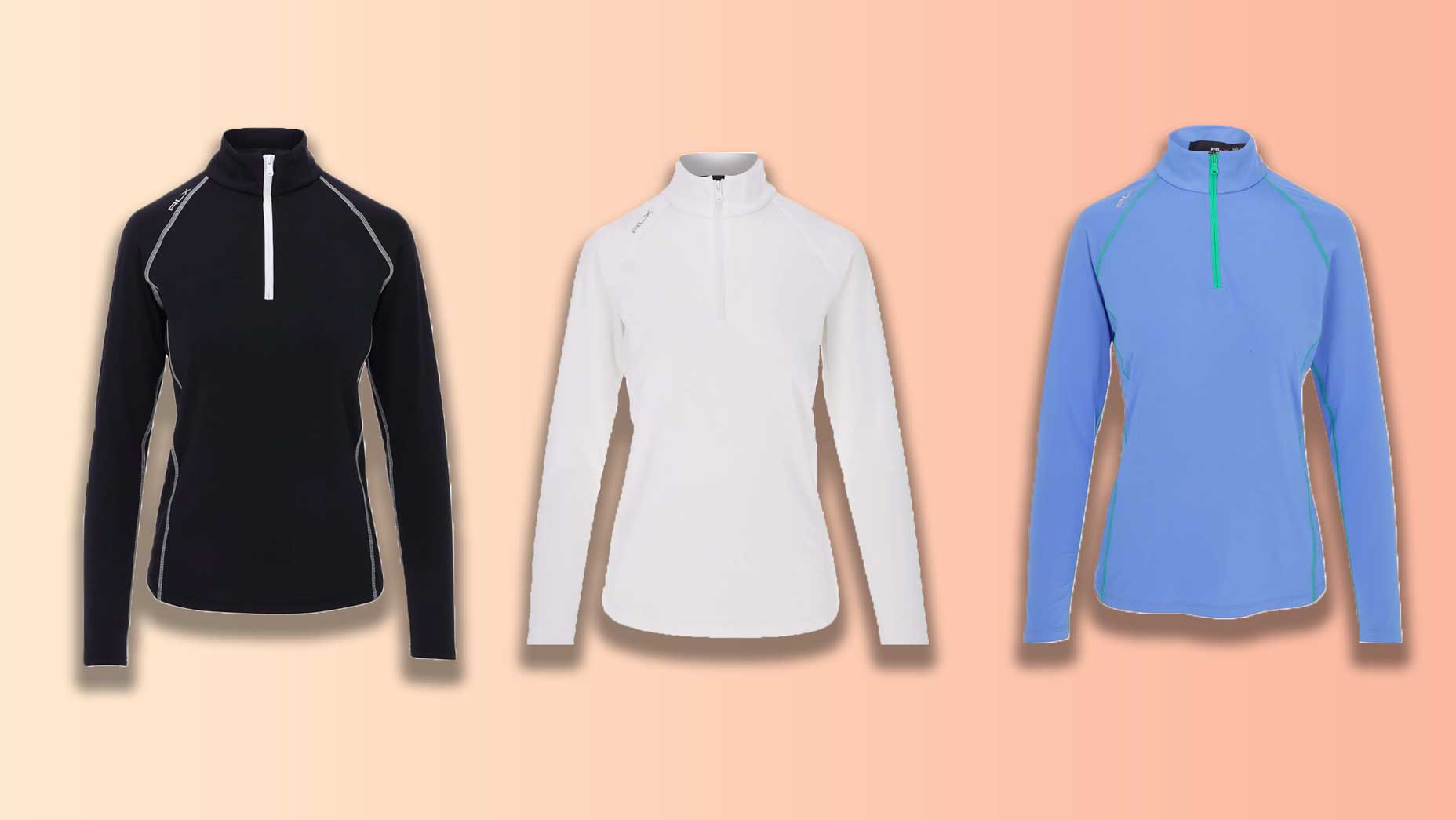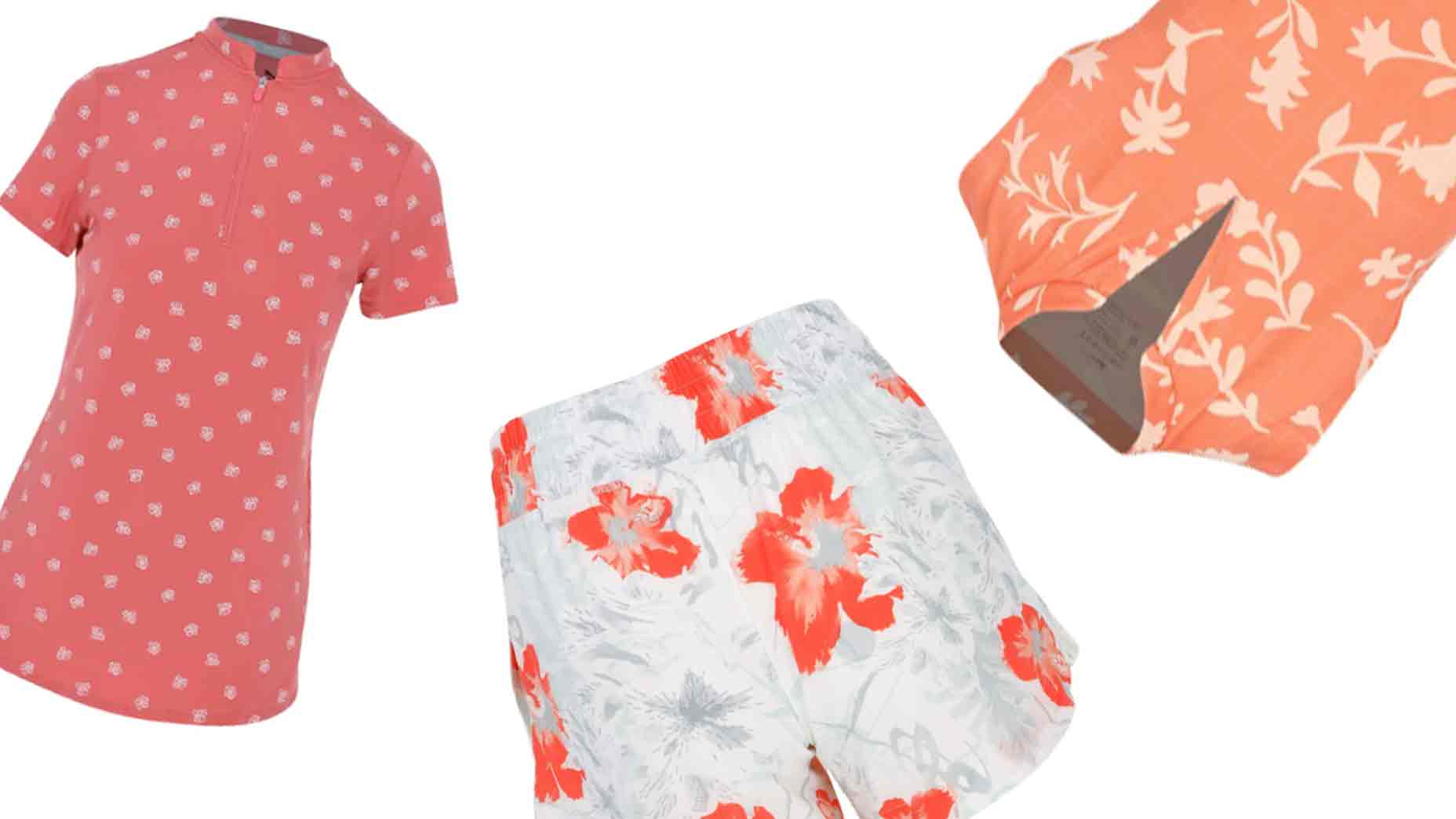For most of us, eating is pretty much essential during a round of golf. Not only does battling the elements for 18 holes inspire a hearty appetite, the sheer amount of time required to play a round of golf — generally four to five hours, or thereabouts — means eating a snack, or even a meal, while you play is a must.
Unfortunately, golf-club grub tends to leave a lot to be desired in the nutritional-value department. Hot dogs, candy bars, peanut-butter crackers and bags of chips taste delicious and go down easy, but those items aren’t doing you any favors when it comes to fueling top-tier performance and efficient, long-lasting energy on the course. Mindful eating during a round is also especially difficult if you’re trying to adhere to a diet or limit your calories. So what’s a health-conscious golfer to do when hunger strikes?
To get some answers, I turned to WW (formerly Weight Watchers) Head of Nutrition and Wellness, Jaclyn London, who provided expert insight on choosing satisfying, high-energy snacks with a calorie count that will complement just about any diet or eating plan.
Before delving in to her actual suggestions, London explained the nutritional rationale behind her choices. The first thing to think about, she is, is choosing foods that contain protein and fiber, the combo of which is both satisfying and provides sustained energy without making you feel too full.
“Nuts of all types are a great choice since they provide those two nutrients and healthy fat,” London told me via email. “Look for brands that use a simple, short list of ingredients. Nuts and nut butters should really just be nuts and salt!”
This is ANWA champ Jennifer Kupcho’s go-to on-course snack (and why)By: Josh Berhow
London also recommends gravitating toward snacks made from real, whole-food ingredients. Think chickpeas, milk and 100-percent whole-grain oats. “Choosing packaged snacks with a real-food ingredient is a simple filter for discerning more nutritious snacks that can help you stay satisfied and will often provide greater nutrient-density versus their counterparts,” she said. “The one exception to this concept is snacks that have real sugar as the first ingredient, often labeled as ‘organic tapioca syrup,’ ‘honey,’ ‘brown rice sugar,’ ‘evaporated cane juice,’ ‘date syrup,’ and ‘agave.'”
Another thing to keep in mind with mid-round noshes: timing and consistency. “Don’t wait longer than three or four hours before having a snack or a meal, which can set you up to feel ravenous when you’re on the course and primes you to feel like you overdid it or made less nutritious choices later on,” London said. “Consistent timing of eating smaller meals made from satisfying foods while you’re aiming for energy and focus (without feeling too full) can help you stave off post-game pantry-raiding, so if your snack is on the higher-calorie end, that’s absolutely okay.”
Below, in no particular order, are London’s top choices for low-calorie, high-energy on-course snacks:
Dry, roasted chickpea or edamame snacks
“It doesn’t get much better than pulses, the dry, edible seeds of peas, beans, chickpeas and lentils,” London said. “But as far as portable snacks go, I always recommend roasted and seasoned chickpeas and edamame as an easy make-at-home or buy-in-bulk option, since they’re easy and quick to make and eat (or buy, for that matter!) and are a plant-based, nutrient-packed source of protein and fiber, which may help you feel more satisfied when eating them with meals or on their own as a snack. Other nutrient highlights include b-vitamins and soluble fiber, a type of indigestible carbohydrate that helps to slow down the rate of digestion, absorption and metabolism within your GI tract and has been associated with reducing risk of heart disease when consumed as a part of an overall healthy pattern of eating. A 1 oz serving of roasted chickpeas is about 55 chickpeas and packs 6g protein and fiber each for just around 110-120 calories depending on flavor (and how much oil you use when roasting). Edamame has about the same calorie content for up to 13g protein and 7g fiber.”
Greek yogurt and banana
“Unsweetened (plain) Greek yogurt packs up to 14 grams of protein per ⅔ cup (5.3oz) serving for just 80 calories,” London said. “It’s also the most versatile dairy-aisle find, since you can swap it for sour cream in dips; use it in smoothies or soups as a thickening agent, or enjoy as-is with fruit, nuts or nut butter to create a satisfying and protein-packed meal or snack. If you’re concerned about temperature on the course or want something spoonless: Try a part-skim cheese stick (8 grams of protein) with fruit as an easy snacking solve that provides both protein and fiber, or opt for dried cheese snacks (like whisps or moon cheese).
This surprising snack powered Bryson DeChambeau through third round of U.S. OpenBy: Alan Bastable
“Dehydrated hard cheeses are super flavorful and the umami flavor can help hit the spot; just be mindful of the sodium content, since hard cheeses tend to be higher in this nutrient (which can make you feel thirstier),” London continued. “On that note: Another dairy-based snack to try: While liquid calories can be less satisfying, it’s worth calling out that a 16oz latte can also have the benefit of providing up to 13g protein per serving and will contribute to your daily overall hydration goals. Pack a latte + piece of fruit to go if you’re looking for a quick (2:1 carbs to protein ratio!) recovery snack that’s also portable and helpful in meeting your daily hydration goals.”
Air-popped popcorn
“Popcorn is the type of store-in-your-golf-bag snack that is an easy go-to for slower days when you know you’re not that hungry but you just feel like noshing on something a little bit crunchy,” London said. “The beauty of air-popped popcorn is that it’s high volume (about 4 cups = ~150 calories) so you can have more of it for little calorie-cost. Popcorn as a whole-grain also provides about 3.5g fiber and 3g protein per ounce, which will help to sustain energy without making you feel so full that you’re ready to lay down for a nap.”
Barukas
“These tiny Brazilian Baruzeiro nuts are nutritional powerhouses that are a lesser-known member of the tree nut family,” London said. “Barukas are made with just nuts and salt, and provide 140 calories per serving while packing 5 grams of protein and 6 grams of fiber per serving (most tree nuts are a little bit higher in calories and lower in those key satiety promoting nutrients). They taste like a hybrid of peanuts and almonds, and the hearty texture makes them feel like a substantive snack when you want something crunchy on the course. As an alternative, I’m always here for peanuts, which are 170 calories per ¼ cup (1 oz) serving (that’s 39 shelled peanuts) and pack about 7-8 grams. My recommendation is to look for salted or flavored options that are under 200mg of sodium (too much salt can make you thirstier on the course) sold in single serve packs, and to pair these with a piece of fruit for the ultimate satiety-promoting snack. Aside from the heart health and weight-management benefits mentioned above, peanuts also provide the antioxidant, resveratrol and other phytosterols, compounds found in these plant-based protein powerhouse, found in the skins (the papery red linings) and the seeds (the peanuts themselves). This phytochemical has been linked to reduced risk of heart disease, cancer and chronic kidney disease.”
Jaclyn London, MS, RD, CDN, is the Head of Nutrition & Wellness at WW (formerly Weight Watchers).
